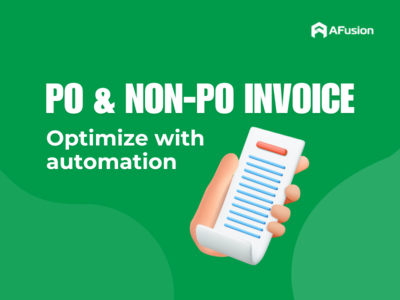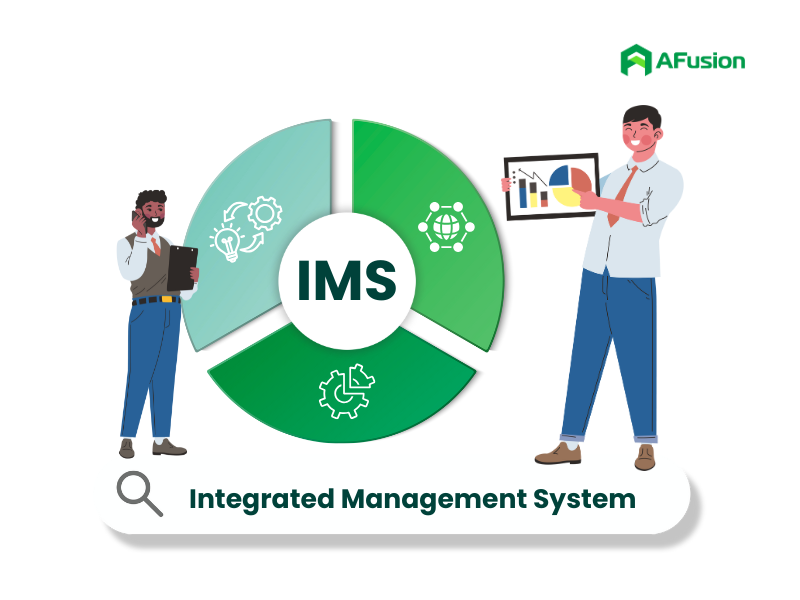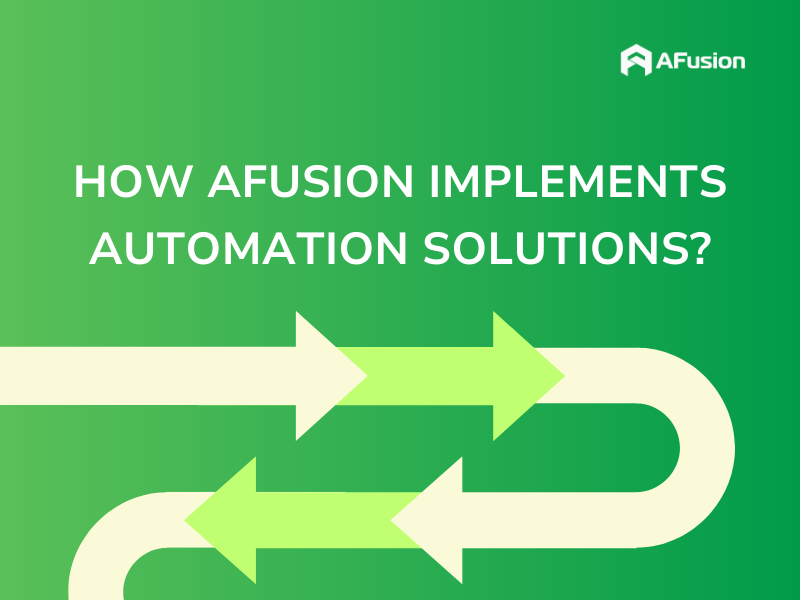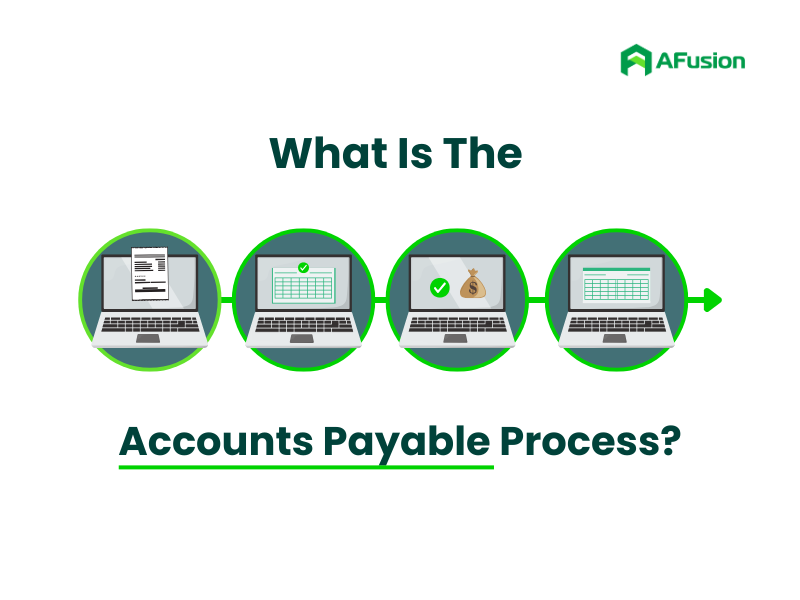Resources > Blog > 51> E-Invoicing & Automation: Transforming Vietnam’s Food & Beverage Industry
E-Invoicing & Automation: Transforming Vietnam’s Food & Beverage Industry
The Current State of Invoice Management in Vietnam
Vietnam has undergone significant tax administration reforms in recent years, with e-invoicing emerging as a cornerstone of compliance and modernization. Since July 1, 2022, all enterprises, economic organizations, households, and individual businesses have been required to issue e-invoices with tax authority codes (per Decree 123/2020/NĐ – CP and Circular 78).
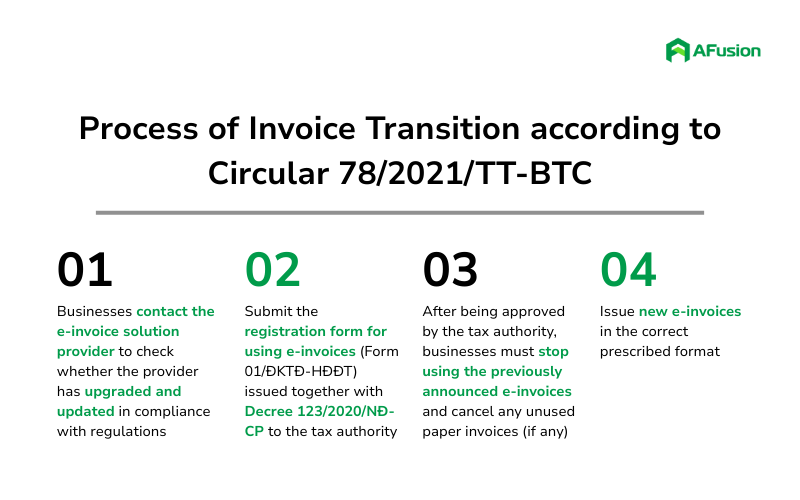
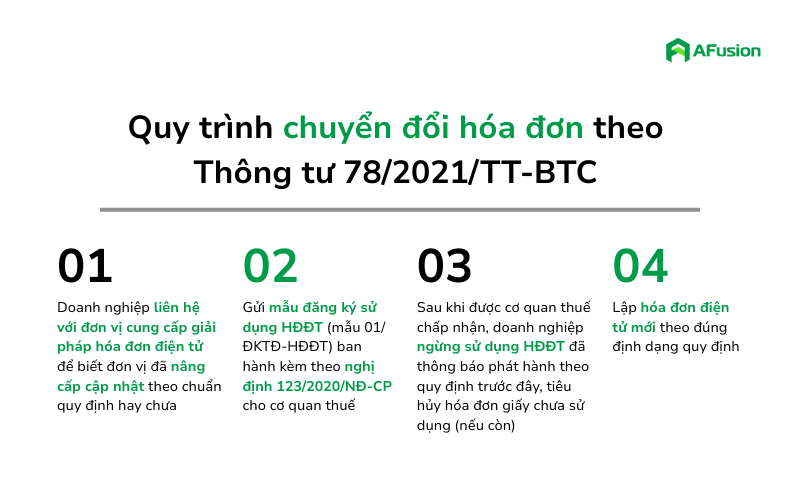
This mandate represents a turning point: replacing traditional paper invoices which were costly, error-prone, and susceptible to fraud, with a digital system that enhances transparency, strengthens government oversight, and reduces operating costs.
Many businesses, particularly SMEs in high-volume sectors like F&B, retail, and logistics, still struggle with:
- Heavy reliance on manual invoice verification and reconciliation, increasing error risks.
- Fragmentation caused by disparate ERP, accounting, and POS systems, leading to data silos.
- Difficulty integrating e-invoicing into legacy processes and infrastructure.
While e-invoices have laid a strong compliance foundation, true efficiency and value creation will only come with deeper integration and automation in F&B.
Challenges in Digital Transformation for the Food &Beverage Industry
1. Barriers in Technology and Finance
Although e-invoicing policies have been widely implemented, many businesses, especially SMEs, still face significant challenges in transitioning. The primary obstacles lie in technological infrastructure and financial constraints.
The initial investment costs for integrated solutions (from POS and ERP to e-invoicing systems) present a considerable financial burden. With thin profit margins, SMEs often prioritize short-term cash flow over long-term technology investments, leading to delayed digital adoption.
At the same time, the market is fragmented with numerous automated financial solutions providers offering varied pricing models (one-time purchase, software as a service, or pay-per-invoice). This diversity makes it difficult for businesses to compare and determine the most cost – effective option in terms of total cost of ownership (TCO). As a result, many continue to rely on manual processes – leaving them exposed to operational risks and higher long-term costs.
2. Human Capital Limitations and Internal Management Gaps
A critical barrier lies in the digital capability of the workforce. Many employees still struggle with technology adoption, handling complex data formats such as XML files, or collaborating effectively with software providers, particularly in provincial areas.
Compounding the issue, many Vietnamese businesses lack a structured workforce transformation roadmap when adopting new technologies. This often results in the phenomenon of “software available but not used properly” undermining ROI and digital effectiveness.
Internally, governance processes remain fragmented and overly reliant on manual approvals. Ambiguities in accountability and multiple layers of approval slow down invoice processing, sometimes leaving invoices “pending” for days – delaying payments and straining supplier relationships.
3. Fragmented “Point Solutions” and Lack of Data Standards
Enterprises often rely on disparate applications from multiple vendors (separate POS systems, warehouse software, and e-commerce platforms). This fragmentation, coupled with the lack of common standards for transaction identifiers and APIs, leads to data silos, mismatched records, and increased manual entry.
Beyond wasted time, this directly impacts the accuracy and timeliness of financial reporting. While larger enterprises can invest in complex integrated platforms, SMEs often lack cost – effective alternatives.
4. Regulatory Uncertainty and Implementation Guidelines
Sudden changes in government regulations, data templates, or API standards place heavy pressure on both software providers and enterprises. These shifts can disrupt invoicing processes and inadvertently push businesses into non-compliance.
Moreover, inconsistent interpretations of regulations across different business scenarios lead to uneven implementation, creating risks and inefficiencies in compliance management.
While many automated financial solutions are emerging to optimize financial workflows for the food & beverage industry, the reality is that most market solutions still face limitations – leading to disappointing implementation outcomes.
5. Limited Integration with Existing Systems
One of the biggest hurdles for automation solutions is poor integration with existing systems, particularly ERP, accounting software, and procurement platforms. Many businesses still operate on legacy systems that are incompatible with newer automation technologies.
When automation in food & beverage tools lack customization and seamless integration, data becomes fragmented, creating inefficient silos that undermine process efficiency.
As a result, businesses revert to manual re – entry of data across multiple platforms, negating the core benefits of automation. This disjointed approach leads to slower processing, higher error rates, and dissatisfaction among both finance teams and suppliers, ultimately reducing ROI on automation in F&B.
6. Poor Data Quality and Inconsistent Formats
Accounts Payable (AP) automation only delivers value when input data is accurate and standardized. In practice, many invoices remain unstructured, incomplete, or presented in non-standard formats. This makes it difficult for systems – especially those relying on traditional OCR – to identify, reconcile, and process information effectively.
Low-cost platforms often lack the capability to handle complex or multi – format invoices. When data is inaccurate, the entire workflow – from expense recognition to payment can be disrupted.
For this reason, when evaluating vendors, businesses must require proof of their ability to process the most complex invoices within their operations, not just standard formats.
Digital Transformation in the Food & Beverage Industry: From Compliance Costs to Competitive Advantage
The food & beverage industry is at a major turning point, shifting from traditional operations to smart operations. The adoption of automation in food & beverage is no longer just a compliance requirement but a tool to accelerate growth. When combined with accounting software automation, food & beverage industry can fully unlock market potential, enhance operational efficiency, and stay aligned with global trends.
Digital Document Management and Financial Automation: Turning Data into Assets
Document Management Systems (DMS) are among the most critical areas of digital transformation. This technology is essential for businesses to manage important documents in electronic invoice format. In food and beverage production, organizations handle large volumes of paperwork, such as recipes, safety procedures, and supply contracts. Additionally, automating financial and accounting processes such as accounts payable workflows and e – invoice uploads frees up staff from manual tasks.
By digitizing invoices and other critical documents like recipes, contracts, and safety protocols, businesses can:
- Optimize processes: All data is centralized on a single platform, reducing search and processing time. Accounting software frees finance teams from manual work, allowing them to focus on strategic analysis.
- Enhance decision-making: Digitized data enables AI and analytics tools to generate accurate, timely reports. As a result, CFOs and CEOs in the food & beverage industry can make faster, more precise decisions on investments, cost reductions, or supply chain optimization.
Process Automation: Profit from Every Invoice
- Reduce operating costs: Estimates show that each paper invoice can cost up to 1,000 VND for printing, issuing, and storage. With over 2.5 billion invoices issued annually in Vietnam, this waste amounts to trillions of VND. Accounting software and automated financial solutions significantly cut these costs, turning them into net profit.
- Accelerate payments: E-invoices allow businesses to send and receive payments instantly, even via mobile devices. Integrated automated financial solutions speed up capital turnover and improve cash flow. In fact, real-world data shows that e-invoicing can reduce payment processing time by up to 99%, a figure that CFOs cannot afford to ignore.


Technology Solutions Trends for F&B CFOs: From Automation to Strategic Decision-Making
1. AI & Automation: The “Virtual Robot” in the Accounting Office
Companies like McDonald’s and Wendy’s have already adopted AI-powered robots to automate tasks such as drive – thru ordering and kitchen operations. Similarly, this technology is becoming a “virtual robot” in the back – office of the food & beverage industry. AI can automatically upload invoices, classify them, verify tax data (tax codes, VAT values), while automation minimizes manual data entry.
This allows accounting teams to shift from handling paperwork to analyzing costs and profits, creating higher value for food & beverage industry. With the massive volume of ingredient invoices, a system like AFusion’s AP Automation is the ideal solution.
2. IoT & Smart Kitchens: Real-Time Data Integration
The Internet of Things (IoT) enables real-time monitoring of temperature, inventory, and equipment status. When IoT is connected with ERP systems and invoice automation solutions like AFusion, CFOs gain an instant cost overview. Inventory data and raw material expenses are updated in real time, allowing finance leaders to track fluctuations and make fast, accurate decisions.
3. AI, Big Data & Analytics: Invoice Data as a Strategic Asset
While F&B companies are investing heavily in AI and Big Data to optimize their supply chains, financial leaders can apply the same approach. Analyzing invoice (AP) data helps uncover irregular spending patterns, detect potential fraud, and forecast seasonal cash flow. This transforms invoice data from a simple transactional record into a strategic decision-making tool.
4. Blockchain & Traceability: Ensuring Transparency in Every Transaction
Blockchain technology is being widely applied to trace product origins, building consumer trust. In finance, it holds strong potential for ensuring transaction transparency and preventing input invoice fraud. For the food & beverage industry, which operates within a highly complex supply chain, combining Blockchain with e-invoicing enhances trust not only with business partners but also with auditors and regulatory bodies.
Digital Transformation Solutions - AFusion
1. Seamless Integration with Existing Systems
AFusion follows a five-step process (Assessment – Implementation – Maintenance – Training – Expansion) to integrate smoothly with ERP systems via API. The bot learns existing workflows and integrates accordingly, minimizing the need for operational changes. At the same time, it improves gaps in the workflow, ensuring continuous data circulation without silos.
The solution complies with international security standards ISO 27001, helping businesses ensure data security while remaining easily scalable.


2. End - to - End Automation Solution
Instead of focusing on small “point solutions”, AFusion provides an end-to-end automation platform, covering the full lifecycle of invoice and financial transaction processing: data intake – recognition & classification – approval – posting – archiving – reporting.
This approach ensures smooth workflows, eliminates repetitive manual data entry, reduces errors, and optimizes operational efficiency.
3. Advanced Multilingual IDP Technology & Experienced Team
For data processing, AFusion combines multiple technologies such as AI, OCR, and most notably Intelligent Document Processing (IDP). This technology extracts and processes large volumes of data with high accuracy, even when the data is unstructured, inconsistent, or multilingual.
The IMT Solutions team, with over 16 years of expertise in IT and consulting, ensures effective implementation and sustainable system performance.
4. Case Study: Highland Coffee’s AP Automation Journey with AFusion
Highland Coffee, one of Vietnam’s leading food & beverage industry, implemented AFusion’s AP automation to optimize operations, processing approximately 11,000 invoices monthly.
By leveraging IDP technology, combined with AI Agents, machine learning, and robotic process automation (RPA), the solution significantly reduced invoice processing time from several weeks to just a few days. The seamless integration between AFusion and the ERP system was completed within only two weeks, streamlining operations and enhancing traceability across the entire network.
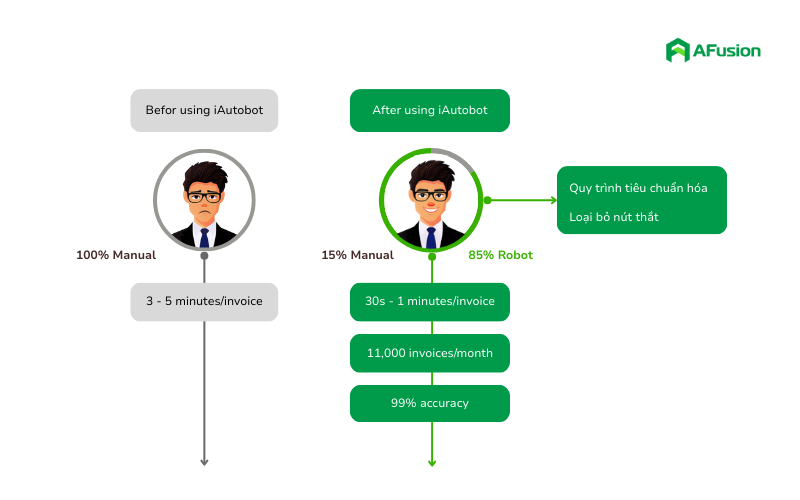
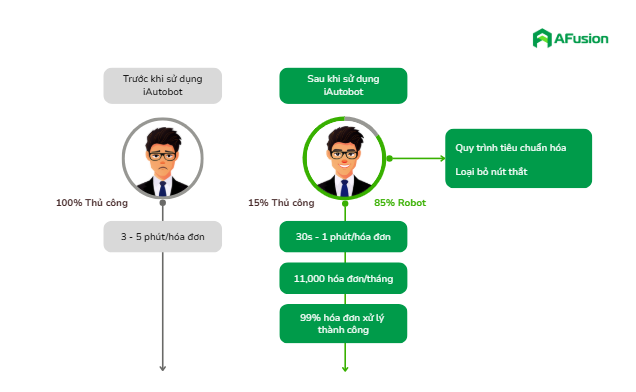
The results were outstanding: 99% of invoices were successfully automated, saving more than 80% of manual workload. Highland’s finance team experienced a remarkable transformation in Accounts Payable (AP), marking a significant leap forward in financial process digitalization.
The Vietnamese food & beverage industry is full of opportunities but also faces numerous challenges. For sustainable growth, businesses must not only keep up with consumer trends but also optimize their operational and financial processes.
F&B companies should consider adopting technology to automate critical processes such as debt management, supplier payments, and cash flow control. This is precisely the value AFusion delivers: helping F&B enterprises simplify workflows, reduce errors, boost efficiency, and focus more on core business strategies.
Contact us today to get started!
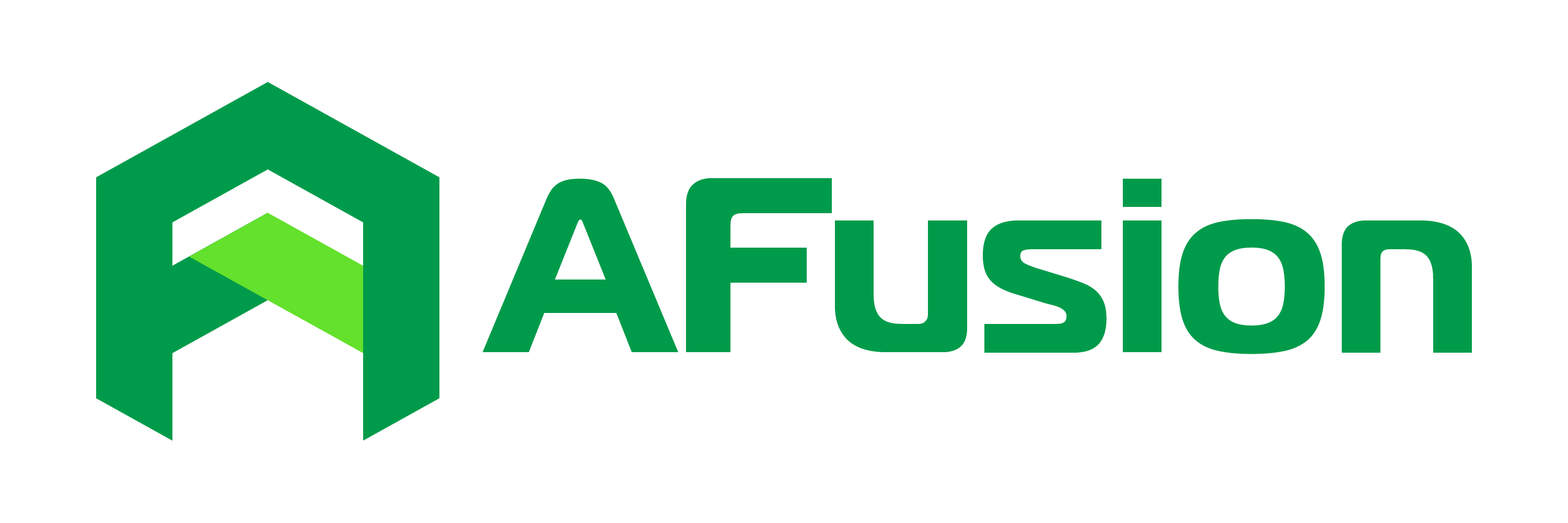


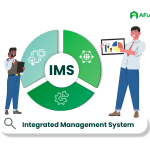 Previous Post
Previous Post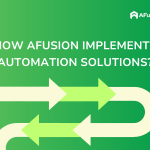 Next Post
Next Post